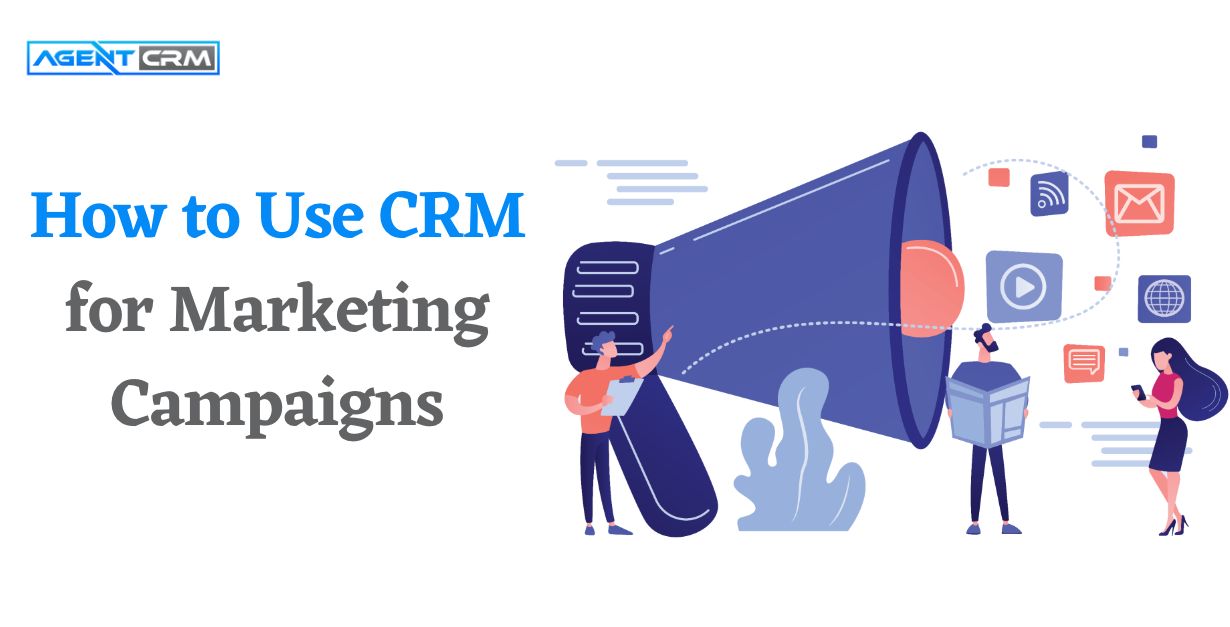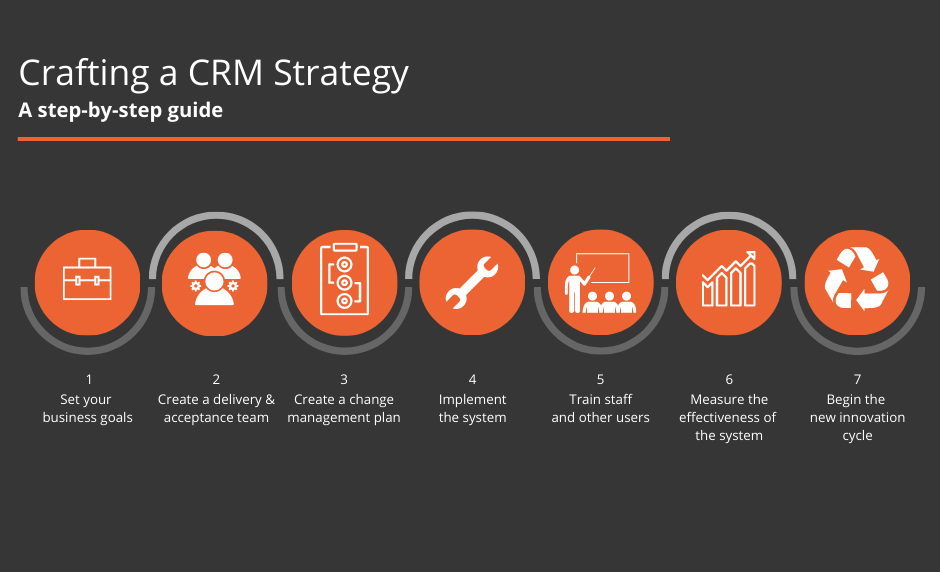Supercharge Your Sales: Mastering CRM Marketing SMS Campaigns for Explosive Growth

Unlocking the Power of SMS Marketing within Your CRM
In today’s fast-paced digital landscape, capturing and maintaining customer attention is more challenging than ever. Amidst the constant barrage of emails, social media updates, and other digital distractions, a direct and immediate communication channel has emerged as a powerful tool: SMS marketing. When integrated with a robust Customer Relationship Management (CRM) system, SMS campaigns become even more potent, offering businesses a streamlined and highly effective way to connect with their audience, nurture leads, and drive sales. This article delves deep into the world of CRM marketing SMS campaigns, providing a comprehensive guide to leveraging this potent combination for explosive business growth.
What is CRM Marketing?
Before we dive into the specifics of SMS campaigns, let’s establish a solid understanding of CRM marketing. CRM marketing is a strategic approach to marketing that centers around the customer. It involves using a CRM system to collect, organize, and analyze customer data to understand their behaviors, preferences, and needs. This information is then used to personalize marketing efforts, improve customer experiences, and build stronger, more profitable relationships.
The core principles of CRM marketing include:
- Data-Driven Decisions: Making marketing decisions based on customer data rather than guesswork.
- Personalization: Tailoring marketing messages and offers to individual customer preferences.
- Customer Segmentation: Grouping customers based on shared characteristics to target them with relevant content.
- Lifecycle Marketing: Engaging customers at every stage of their journey, from initial awareness to post-purchase support.
- Automation: Streamlining marketing processes through automated workflows and campaigns.
Why Combine CRM and SMS Marketing? The Synergy Effect
The integration of CRM and SMS marketing creates a synergy that amplifies the effectiveness of both. Here’s why this combination is so powerful:
- Targeted Messaging: CRM data allows you to segment your audience precisely, ensuring that your SMS messages reach the right people at the right time with the right content.
- Personalized Communication: You can leverage CRM data to personalize SMS messages, addressing customers by name, referencing their past purchases, or offering tailored recommendations.
- Increased Engagement: SMS messages have exceptionally high open and response rates compared to email, making them a highly engaging communication channel.
- Real-Time Communication: SMS allows you to communicate with customers in real-time, providing instant updates, alerts, and support.
- Automated Workflows: You can automate SMS campaigns based on customer actions or milestones, such as welcome messages, abandoned cart reminders, or appointment confirmations.
- Improved Customer Experience: SMS provides a convenient and immediate way for customers to interact with your business, enhancing their overall experience.
- Enhanced Lead Nurturing: Use SMS to nurture leads through the sales funnel, providing valuable information and guiding them toward a purchase.
- Boosted Sales and Revenue: By combining targeted messaging, increased engagement, and automated workflows, CRM marketing SMS campaigns can significantly boost sales and revenue.
Building a Successful CRM Marketing SMS Campaign: A Step-by-Step Guide
Creating effective CRM marketing SMS campaigns requires careful planning and execution. Here’s a step-by-step guide to help you get started:
1. Choose the Right CRM and SMS Platform
The foundation of your SMS marketing success lies in selecting the right tools. Look for a CRM system that integrates seamlessly with an SMS platform. Key features to consider include:
- Integration Capabilities: Ensure the CRM and SMS platform can communicate and share data seamlessly.
- Segmentation Options: The ability to segment your audience based on various criteria (e.g., demographics, purchase history, behavior).
- Automation Features: The ability to create automated workflows for sending SMS messages based on triggers.
- Personalization Options: The ability to personalize messages with customer data.
- Reporting and Analytics: Tools to track the performance of your campaigns.
- Compliance: Adherence to all relevant SMS marketing regulations (e.g., TCPA in the US).
Popular CRM platforms that offer robust SMS integration include Salesforce, HubSpot, Zoho CRM, and Pipedrive. Consider SMS platforms like Twilio, MessageBird, and SimpleTexting for sending and managing your SMS campaigns.
2. Define Your Goals and Objectives
Before launching any campaign, clearly define your goals and objectives. What do you want to achieve with your SMS marketing efforts? Common goals include:
- Increasing sales: Promote products or services, offer discounts, and drive conversions.
- Generating leads: Capture contact information and qualify potential customers.
- Improving customer engagement: Provide updates, send reminders, and offer support.
- Boosting customer loyalty: Reward customers with exclusive offers and personalized experiences.
- Driving traffic to your website or landing pages: Share links and encourage clicks.
Once you have defined your goals, set specific, measurable, achievable, relevant, and time-bound (SMART) objectives. For example, “Increase sales by 15% in the next quarter through SMS promotions.”
3. Segment Your Audience
Segmentation is the key to delivering relevant and personalized messages. Use your CRM data to divide your audience into meaningful segments based on:
- Demographics: Age, gender, location, etc.
- Purchase history: Products purchased, order value, frequency of purchases.
- Behavior: Website activity, email engagement, past SMS interactions.
- Lead status: New leads, qualified leads, prospects, customers.
- Interests: Preferences, hobbies, and other relevant information.
The more granular your segmentation, the more effective your campaigns will be. Tailor your messages to the specific needs and interests of each segment.
4. Build Your SMS List (and Get Consent!)
You must obtain explicit consent from customers before sending them SMS messages. This is not only a best practice but also a legal requirement in many regions. Here’s how to build your SMS list:
- Opt-in forms: Add SMS opt-in forms to your website, landing pages, and checkout process.
- Keyword opt-in: Allow customers to subscribe by texting a specific keyword to your SMS number.
- In-store sign-up: Collect phone numbers at the point of sale.
- Email campaigns: Promote your SMS program in your email newsletters.
- Social media: Encourage followers to subscribe to your SMS updates.
Clearly communicate the benefits of subscribing to your SMS list (e.g., exclusive offers, early access to sales, helpful reminders). Make it easy for customers to opt-out at any time.
5. Craft Compelling SMS Messages
SMS messages are concise, so every word counts. Here are some tips for crafting effective SMS messages:
- Keep it short and sweet: Aim for messages under 160 characters.
- Use a clear and concise call to action (CTA): Tell customers exactly what you want them to do (e.g., “Shop now,” “Visit our website,” “Reply YES”).
- Personalize your messages: Use the customer’s name or reference their past purchases.
- Offer value: Provide exclusive discounts, helpful information, or timely updates.
- Use a conversational tone: Write as if you’re talking to a friend.
- Include a clear sender ID: Make sure customers know who the message is from.
- Test your messages: Before sending a campaign, test different variations to see which performs best.
- Adhere to legal requirements: Always include opt-out instructions and comply with all relevant regulations.
6. Automate Your SMS Campaigns
Automation is a key component of CRM marketing SMS campaigns. Automate messages based on customer actions or milestones, such as:
- Welcome messages: Send a welcome message to new subscribers, offering a special discount or introducing your brand.
- Abandoned cart reminders: Remind customers who have left items in their cart to complete their purchase.
- Shipping updates: Provide customers with real-time updates on their order status.
- Appointment reminders: Send reminders for upcoming appointments or meetings.
- Birthday greetings: Send a personalized birthday message and offer a special promotion.
- Re-engagement campaigns: Reach out to inactive customers to re-engage them with your brand.
- Follow-up messages: After a purchase, send a thank-you message or ask for feedback.
Automated workflows save time and ensure that your customers receive timely and relevant messages.
7. Track and Analyze Your Results
Regularly track and analyze the performance of your SMS campaigns. Monitor key metrics such as:
- Open rate: The percentage of messages that are opened.
- Click-through rate (CTR): The percentage of recipients who click on a link in your message.
- Conversion rate: The percentage of recipients who complete a desired action (e.g., purchase).
- Unsubscribe rate: The percentage of recipients who opt-out of your SMS list.
- Revenue generated: The total revenue generated by your SMS campaigns.
Use this data to identify what’s working and what’s not. Make adjustments to your campaigns as needed to optimize their performance.
8. Optimize and Iterate
CRM marketing SMS campaigns are not a one-time effort. Continuously optimize and iterate on your campaigns to improve their effectiveness. Here are some tips for optimization:
- A/B test your messages: Test different variations of your messages to see which ones perform best.
- Experiment with different offers and incentives: Find the offers that resonate most with your audience.
- Refine your segmentation: Continuously refine your segmentation to target your audience more effectively.
- Monitor your results and make adjustments: Use your data to identify areas for improvement.
- Stay up-to-date on SMS marketing best practices: The SMS marketing landscape is constantly evolving. Stay informed about the latest trends and best practices.
Examples of CRM Marketing SMS Campaigns in Action
Let’s look at some real-world examples of how businesses are using CRM marketing SMS campaigns to achieve their goals:
- E-commerce: An online clothing store sends abandoned cart reminders via SMS, offering a discount to encourage customers to complete their purchase.
- Retail: A local bookstore sends SMS messages to its loyalty program members, announcing exclusive sales and promotions.
- Healthcare: A dental clinic sends appointment reminders via SMS, reducing no-show rates.
- Restaurants: A restaurant sends SMS messages to notify customers when their table is ready.
- Real estate: A real estate agent sends SMS messages to potential buyers, notifying them of new listings that match their criteria.
- Fitness: A gym sends SMS messages to members, reminding them of their workout classes and offering personalized fitness tips.
Best Practices for CRM Marketing SMS Campaigns
To maximize the effectiveness of your CRM marketing SMS campaigns, keep these best practices in mind:
- Prioritize Customer Experience: Always put the customer first. Ensure your messages are valuable, relevant, and respectful of their time.
- Be Personal: Use customer data to personalize your messages and tailor them to their individual needs and preferences.
- Be Concise: Keep your messages short and to the point.
- Be Timely: Send your messages at the right time to capture your audience’s attention.
- Provide Value: Offer exclusive discounts, helpful information, or timely updates.
- Respect Privacy: Always obtain consent before sending SMS messages and provide clear opt-out instructions.
- Test and Optimize: Continuously test and optimize your campaigns to improve their performance.
- Stay Compliant: Adhere to all relevant SMS marketing regulations, such as the TCPA.
- Build a Strong Relationship: Use SMS to build a strong relationship with your customers and foster loyalty.
- Monitor Delivery and Performance: Regularly track your SMS delivery rates, open rates, click-through rates, conversion rates, and unsubscribe rates to measure the effectiveness of your campaigns.
Avoiding Common Pitfalls in CRM Marketing SMS Campaigns
While CRM marketing SMS campaigns offer significant benefits, it’s essential to avoid common pitfalls that can hinder your success:
- Sending Too Many Messages: Bombarding your subscribers with excessive messages can lead to opt-outs and damage your brand reputation. Find the right balance and respect your audience’s preferences.
- Sending Irrelevant Messages: Sending irrelevant or generic messages will likely be ignored. Always segment your audience and tailor your messages to their specific interests and needs.
- Ignoring Opt-Out Requests: Failing to honor opt-out requests is a serious violation of regulations and can lead to legal consequences.
- Using a Poorly Integrated CRM and SMS Platform: If your CRM and SMS platforms don’t integrate seamlessly, you won’t be able to leverage the full potential of CRM marketing.
- Failing to Track and Analyze Results: Without tracking and analyzing your results, you won’t know what’s working and what’s not.
- Neglecting to Obtain Consent: Sending unsolicited SMS messages is illegal and unethical. Always obtain explicit consent before sending any messages.
- Not Optimizing Your Messages: If you don’t continuously test and optimize your messages, you’ll miss out on opportunities to improve their effectiveness.
- Being Impersonal: Avoid sending generic, impersonal messages. Personalize your messages to make them more engaging and relevant.
The Future of CRM Marketing SMS Campaigns
The future of CRM marketing SMS campaigns is bright. As technology advances and customer preferences evolve, we can expect to see:
- Increased Personalization: AI and machine learning will enable even more sophisticated personalization, allowing businesses to deliver highly tailored messages to individual customers.
- Interactive Experiences: SMS campaigns will become more interactive, with features such as polls, quizzes, and surveys.
- Rich Media: Businesses will be able to incorporate rich media, such as images, videos, and GIFs, into their SMS messages.
- Integration with Other Channels: SMS will be seamlessly integrated with other marketing channels, such as email, social media, and live chat.
- Enhanced Automation: Advanced automation capabilities will enable businesses to create highly sophisticated and personalized SMS workflows.
- Focus on Privacy and Compliance: The importance of data privacy and compliance will continue to grow, with businesses prioritizing customer consent and data security.
Conclusion: Embrace the Power of SMS and CRM
CRM marketing SMS campaigns offer a powerful way to connect with customers, nurture leads, and drive sales. By combining the power of CRM data with the immediacy of SMS, businesses can create highly targeted, personalized, and engaging campaigns that deliver exceptional results. By following the steps outlined in this article and adhering to best practices, you can unlock the full potential of this dynamic marketing approach and achieve explosive growth for your business. Embrace the power of SMS and CRM, and watch your sales soar!



